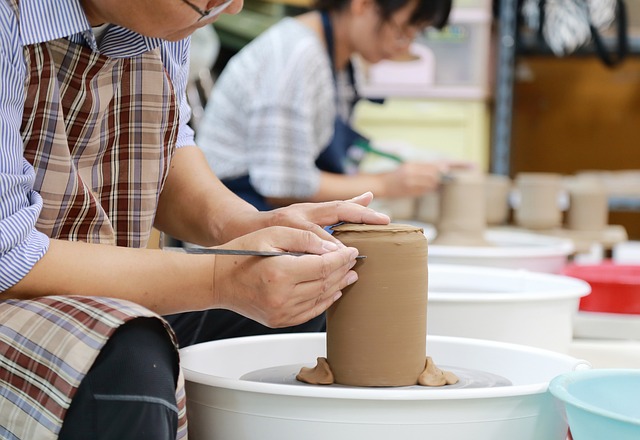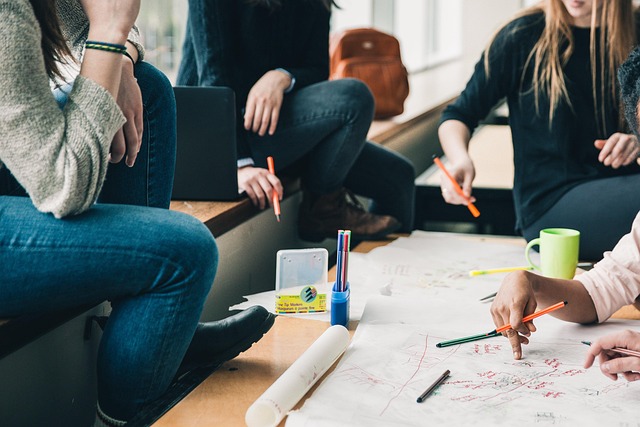The Art of Acquiring Practical Knowledge: A Guide to Effective Learning
In our fast-paced world, the acquisition of practical knowledge has become not only a valuable asset but a necessity. Many of us have navigated through traditional education systems that emphasize theoretical understanding, yet when we step into the real world, we often find ourselves yearning for actionable insights we can apply directly to our lives and careers.
Understanding Practical Knowledge
So, what exactly is practical knowledge? Unlike abstract concepts rooted in theory, practical knowledge involves the skills and insights needed to tackle tasks and solve real-world problems effectively. It’s about knowing not just the “what” but the “how”—an essential skill that enhances our ability to adapt and thrive in various situations.
Why is Practical Knowledge Important?
In today’s competitive environment, having practical knowledge sets you apart. It equips you to handle unexpected challenges and empowers your decision-making skills. Employers consistently seek individuals who can deliver results, demonstrating that the acquisition of practical knowledge is crucial for career advancement.
Effective Strategies for Acquiring Practical Knowledge
1. Hands-On Experience
One of the best ways to learn is by doing. Engaging in internships, volunteer opportunities, or side projects allows you to apply theoretical principles in real-world contexts. This hands-on experience reinforces learning and enhances retention.
2. Active Learning Techniques
Active learning involves participating in the learning process rather than passively absorbing information. Techniques such as group discussions, role-playing, and problem-solving sessions encourage deeper engagement and critical thinking.
3. Mentorship and Networking
Seek out mentors who excel in areas you wish to improve. Their insights can provide invaluable guidance in your journey towards mastering practical knowledge. Additionally, networking can expose you to different experiences and opportunities for growth.
4. Reflective Practice
Reflection is a powerful tool in the learning process. Regularly assess your experiences, identify areas of improvement, and adjust your strategies accordingly. This method allows you to turn everyday experiences into valuable learning opportunities.
5. Continuous Learning
In an ever-evolving world, the desire for learning should be lifelong. Embrace new technologies, attend workshops, and read extensively. The ongoing pursuit of knowledge ensures you remain adaptable and relevant in your field.
Embrace the Journey
The journey of acquiring practical knowledge isn’t merely about accumulating information; it’s about transforming that information into skills that drive results. Each step you take will enhance your abilities, boost your confidence, and open doors to new opportunities. Embrace the art of learning, and you’ll find that the world is full of possibilities waiting for you to explore!



